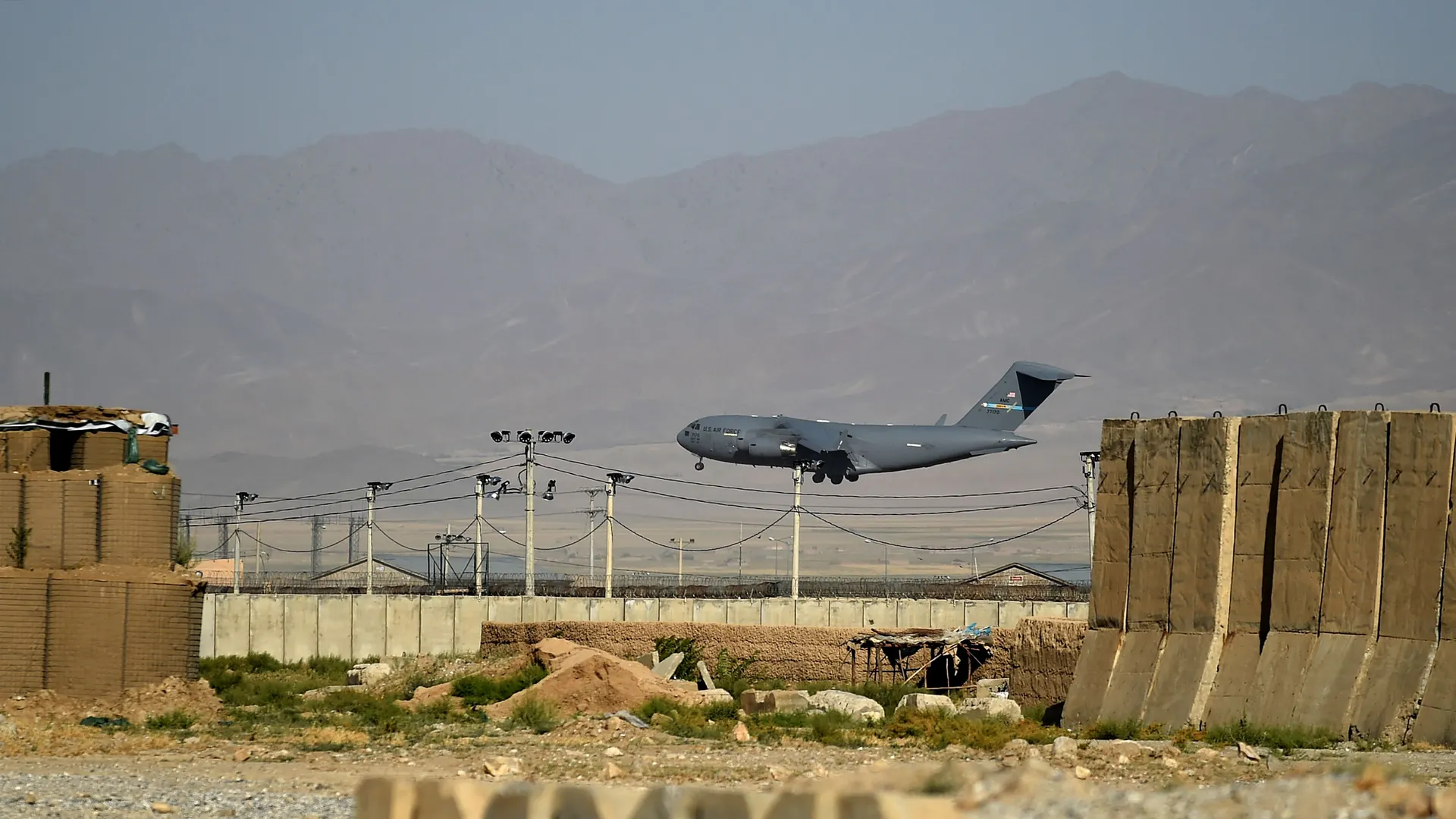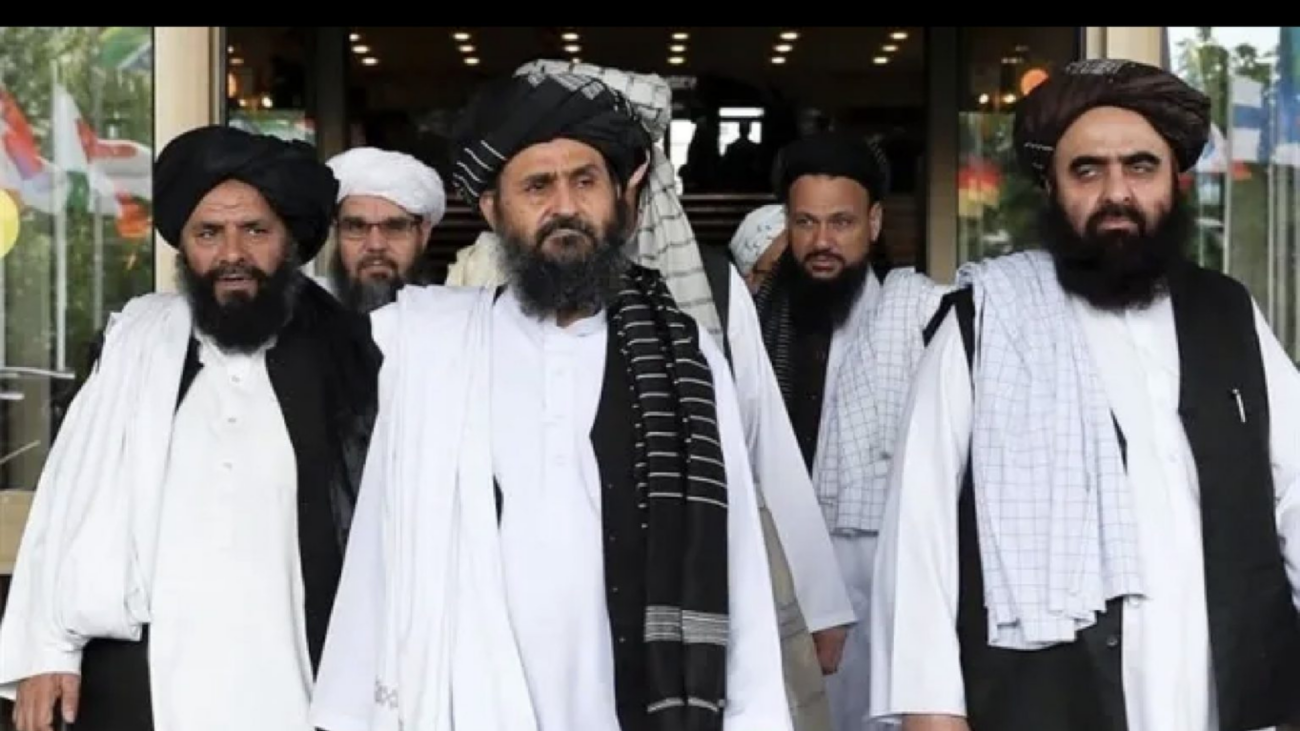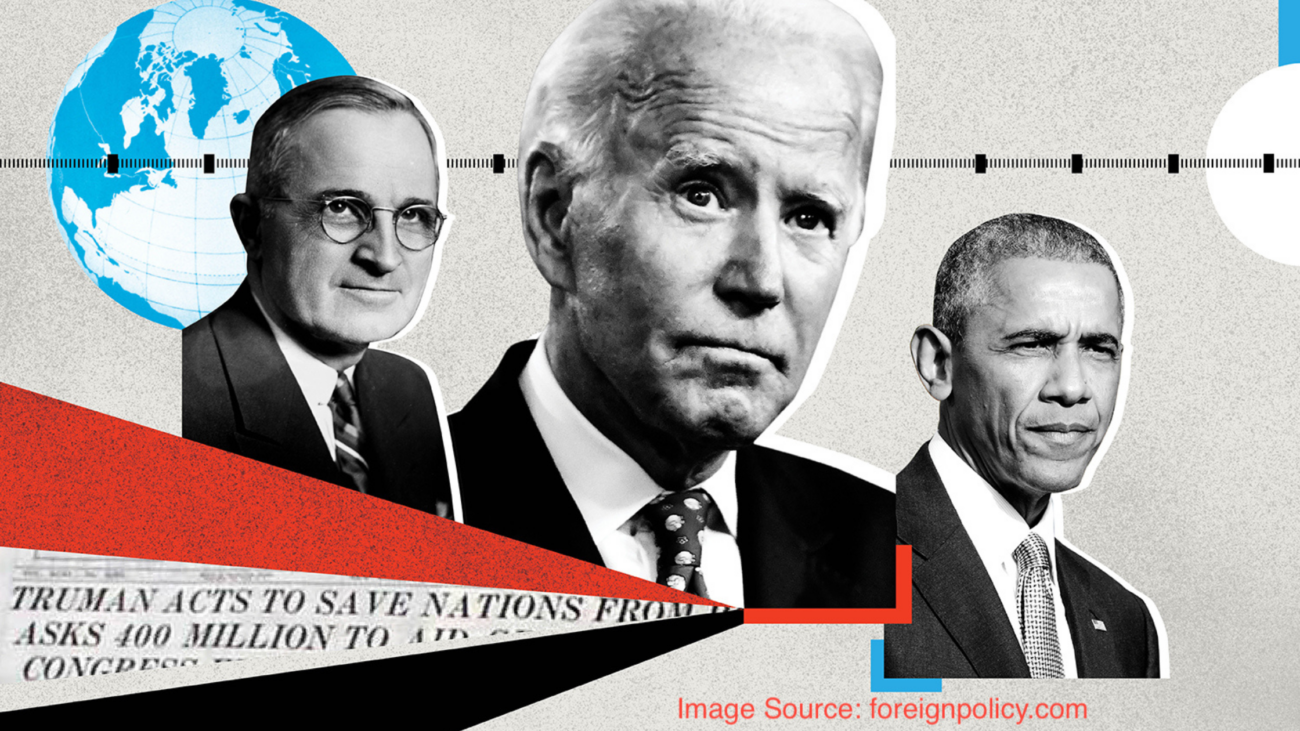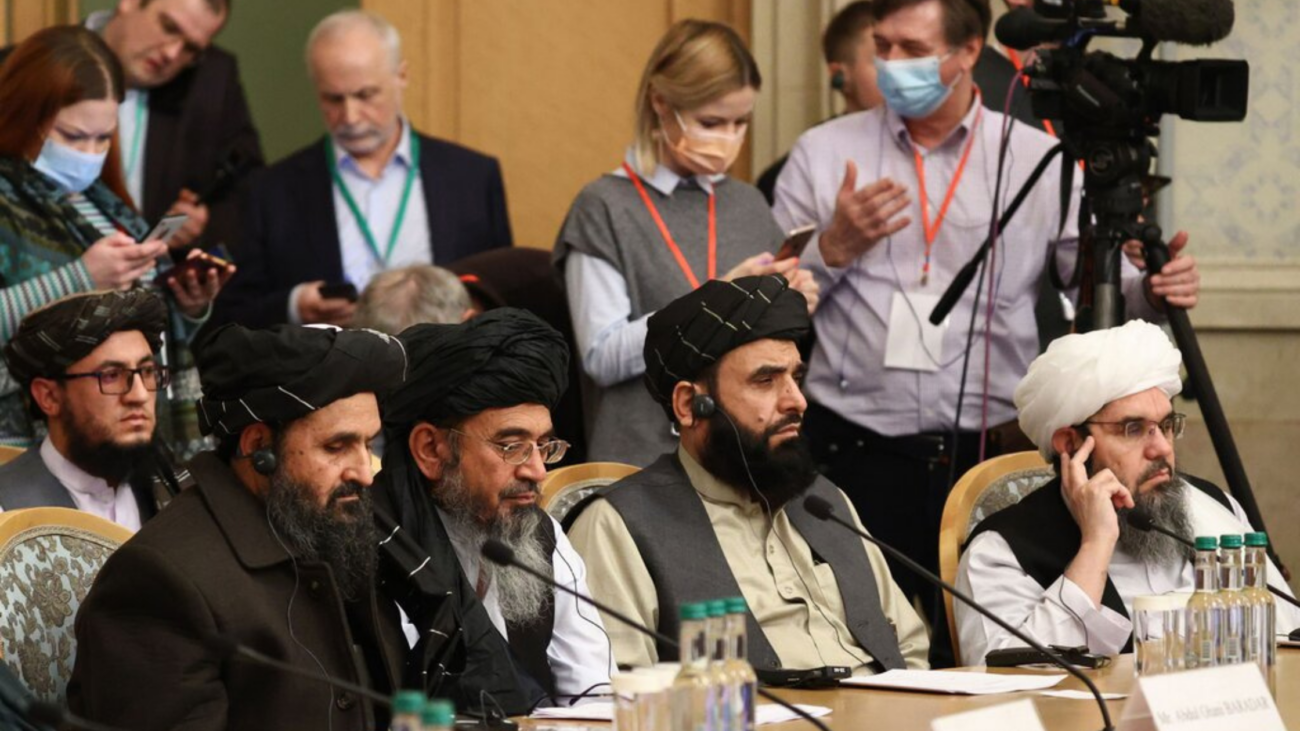Could Bagram Air Base Shift to U.S. Control? The Uncertain U.S.-Taliban Deal at Play

By Irfan Yar
Reports of a potential Taliban handover of Bagram Air Base to the United States raise critical questions about the evolving relationship between the two and Afghanistan’s future geopolitical role. While the Taliban denies these claims, asserting their control, the possibility—or even the potential for such an agreement—demands careful examination.
Is the Claim Credible?
Initially, this seems unlikely. The Taliban’s historical opposition to foreign military presence and their strong anti-American rhetoric since gaining power appear to contradict the idea of them relinquishing a key strategic asset like Bagram. However, considering the broader geopolitical context and the Taliban’s current situation suggests a more nuanced possibility.
Bagram Air Base is vital for regional intelligence, surveillance, and potential counterterrorism efforts. Its strategic location near major global powers like China, Russia, and Iran makes it highly significant for the US and regional actors alike. Given the Taliban’s precarious international standing and need for economic support, a deal with the US isn’t impossible. This could be driven by factors such as the U.S. freezing Afghan assets, its demand for the return of billions of dollars’ worth of military equipment, and the Taliban’s desire to ease tensions with the West and prevent further isolation.
A Potential Deal Stemming from Trump-Taliban Talks?
It’s conceivable that such an arrangement was discussed during the Trump administration. President Trump’s 2020 talks with the Taliban emphasized a US withdrawal in exchange for Taliban assurances. This could have set the stage for later negotiations, possibly involving the return US-left military equipment and assets, as reported by US intelligence.
In return, the Taliban might have considered a limited, US presence at Bagram, primarily focused on intelligence and maintaining minimal assets for strategic purposes. The US’s willingness for this could be tied to broader diplomatic goals, including preventing Afghanistan from becoming overly influenced by Russia and China. For the Taliban, this agreement might offer a chance to gain some international legitimacy and secure financial aid to stabilize their government.
Taliban Motivations: Pragmatism over Strict Ideology?
Historically, the Taliban has emphasized its independence from foreign influence. However, their current severe economic challenges—worsened by frozen Afghan assets and a lack of international aid—may be altering their strategic thinking. The Taliban might recognize that a more positive relationship with the US could yield significant benefits, such as the release of frozen assets or aid, in exchange for limited US cooperation in Afghanistan.
A crucial element of this potential deal could be the Taliban retaining the billions of dollars in US military equipment left behind in 2021. These assets hold considerable military and economic value, bolstering the Taliban’s domestic and regional position.
In exchange for allowing a minimal US presence at Bagram, the Taliban could seek financial support or diplomatic gestures from the US, like unfreezing Afghan assets. This could be a pragmatic move, acknowledging that some international cooperation is necessary for Afghanistan’s economic and political stability. Furthermore, the Taliban might be willing to moderate some of their strict stances, including on the US presence at Bagram, to serve Afghanistan’s long-term interests.
Geopolitical Dynamics in Play
Afghanistan is increasingly becoming an arena for influence between China and Russia. Both great powers seek to expand their involvement, and the Taliban’s relationship with them is one of cautious engagement. China, in particular, has shown interest in Afghanistan’s natural resources and its strategic location within the Belt and Road Initiative.
Allowing a limited US presence could be a strategic move by the Taliban to balance the influence of competing powers. This could prevent an overwhelming dominance of China and Russia, offering the Taliban a way to navigate between major global and regional actors. A small but symbolic US presence would allow the Taliban to maintain some ties with the West while avoiding complete reliance on China and Russia.
Conclusion: Prioritizing Afghanistan’s Interests
The possibility of the Taliban handing over Bagram Air Base to the US, regardless of current denials, is a significant development reflecting Afghanistan’s shifting dynamics. While the Taliban’s official denial creates uncertainty, there are logical strategic reasons why such an agreement might be considered. Whether driven by pressure over frozen assets, broader geopolitical strategy, or a tactical move to balance Russian and Chinese influence, the potential implications for Afghanistan and the international community are substantial.
Ultimately, fostering constructive relations with the US could be in Afghanistan’s best interest, potentially leading to economic stability, the release of frozen assets, and a more positive global image. As Afghanistan navigates complex geopolitical currents, pragmatic engagement with the US may be vital for its future political and economic well-being.
Continued close observation of US-Taliban relations will be essential to understanding Afghanistan’s evolving political and security landscape. For the Taliban, practical considerations may be starting to outweigh rigid ideology, presenting new opportunities for cooperation with the US while managing their relationships with China and Russia.
Irfan Yar is a security analyst and the founder of Afghanistan Security Institute follow him on X @irfan_yar







